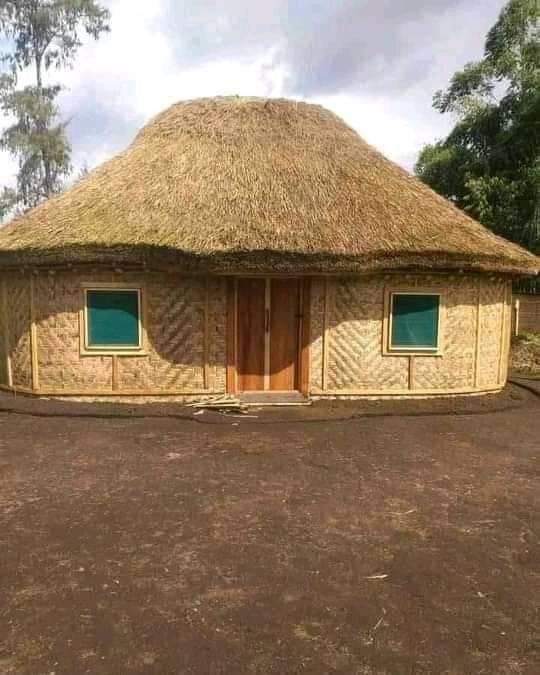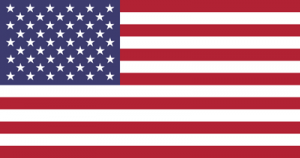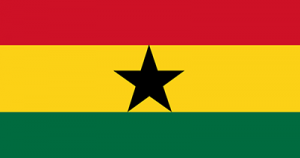About Us
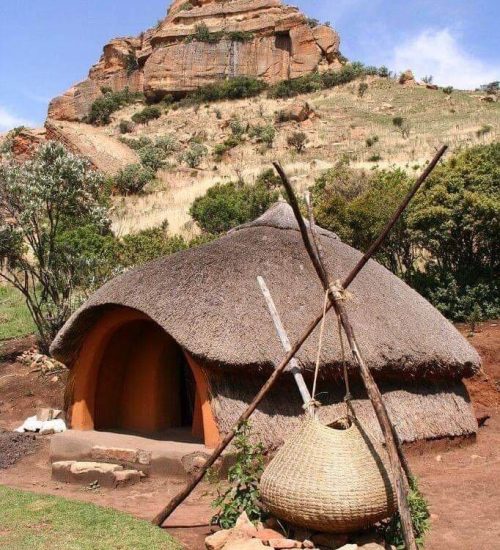
Who We Are
Introduction
The basic idea behind the WeRuS non-profit organization is to work with and empower Ghanaian traditional villages and communities to plan, organize and undertake self-help and doable community projects to improve their communities and thus to reduce dependence on and waiting on government for projects and minor facilities
A Charity Dedicated To working with Traditional Communities in the Villages and Rural Area in a bid help Create Dynamic, Progressive, Sustainable and Vibrant Rural Communities through Affordable and Do-able Self-help Projects.
The Domains We Operate
Healthcare
To ascertain accessible and affordable healthcare in all communities.
Farmers and fisher folk
To improve productivity of farmers and fishing, and set up primary processing facilities.
Standard of living
To improve the economy and raise the living standards within communities.
Rationale
Most rural folk view national Government as an alien and despised entity that is objectively absent from their day to day life issues.
National government institutions are borrowed from foreign cultures with an underlying philosophy that is diametrically opposed to local traditional culture.
Whereas the basic philosophy traditional institutions is that of community cooperation for community benefit, the philosophy underlying government institutions is, primarily, that of individual effort and benefit before community considerations.
Furthermore, many of the institutions or arms of “modern” national government are limited in their reach and effectiveness to the urban and some peri-urban areas.
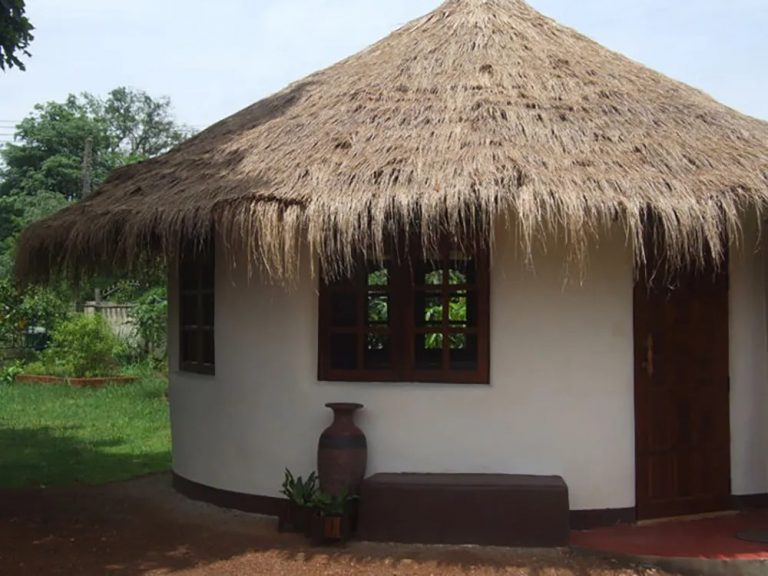
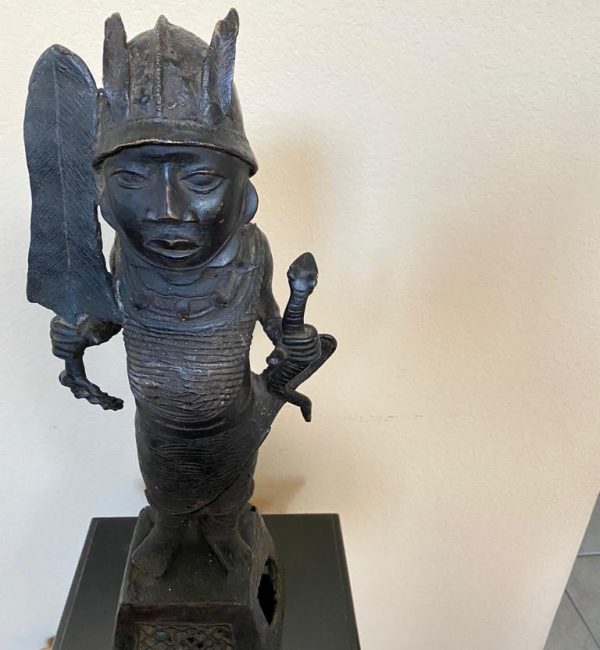
This limited reach and effectiveness of government in the villages and rural communities is evidenced by the absence of public institutions such as the Police Stations, Courts of law and hospitals as well as other government agencies and departments including agriculture, fisheries, social welfare, education, gender and children, planning, etc.
All these necessary and crucial functions are carried out in the communities by traditional Chiefs and their elders, “chiefs” of trade associations such as fishermen, market queens, weavers and herbalists. Local opinion leaders, local youth and women’s associations amongst others are crucial in managing, initiating and implementing development programs in the communities.
For instance, local disputes, and similar social issues are dealt with in traditional courts using customary law under the oversight of the Chief and his council of elders. The primary principles underlying most customary law are restitution and reconciliation, unlike the Eurocentric view of justice, which are adversarial and punitive. Also, in emergencies Asafo companies or local youth groups may be mobilized for security purposes such as search parties, etc.
All these are pointers to a traditional system of governance that has developed over thousands of years, and are very beneficial vehicles for managing development in rural communities if well harnessed.
Unfortunately, the authority of traditional rulers and institutions have been significantly eroded by the 1992 Constitution because it failed to give the necessary recognition and formal legal backing to many of the things they do. For instance, the authorities of a Chief to sit in a traditional court, use customary law and be able to enforce its decisions are not spelt out in the Constitution.
This state of affairs has resulted in the withering of the influence and power of traditional authorities in their communities as they are no legal basis for enforcing the rule of law and the organization of the communities.
All these are pointers to a traditional system of governance that has existed for many years and worked for the people and could be very beneficial vehicles for development in rural communities if well harnessed.
Unfortunately, the authority of traditional rulers and institutions was significantly eroded by the 1992 Constitution when it failed to give the necessary recognition and formal legal backing to many of the things they do. For instance, the authorities of a Chief to sit in a traditional court, use customary law and be able to enforce its decisions are not spelt out in the Constitution.
This state of affairs has resulted in the withering of the power of traditional authorities in their communities as they have no legal basis for enforcing the rule of law and the organization of the communities.
We R uS is a program designed for, and focused on partnering, discussing, empowering and working with the traditional authorities, led by the Chieftaincy institution, to take charge of their own planning and developmental issues on the basis of their own unique cultural understanding.
The remit of We R uS also includes advocacy for the traditional authorities in the crafting of national laws, policies and programs to ensure that they are of benefit to their communities and take into account the philosophies of life that have guided their societies over a long period of time.
For instance, in the case of land ownership and land management, advocacy may be along the lines that the basic philosophy in almost all communities in the country is that the ultimate owner of the land is the community including the ancestors and those yet to be born and that this principle must be factored in all land transactions and duly recognized by law.
The purpose of WeRuS is to partner with the village traditional authorities to plan, organize and execute simple affordable and do-able community projects through communal efforts, and to own, run and maintain these facilities and projects.
Our initial project is to set up a Traditional Health Post (THP) in every village to cater for the basic and common health needs of the community. We are looking at basic health issues such as malaria, wounds and injuries and pre and post-natal care for mothers, plus other local health issues e.g. River Blindness, Worm Infestation etc. Other local health issues may be added as and when necessary. All major and complicated health issues will be referred to the District and Regional Hospitals.
The THPs will be run by a local woman with traditional health and or nursing experience who will be given basic training in the selected health issues as well as the taking and recording of the vitals and consultation notes of the patients. This is also to ensure familiarity and real communications between the patients and the health facility.
WeRuS is a Charitable organization created by a group of concerned, prominent and well-meaning Ghanaians in and out of Ghana who believe that the way forward for Ghana is by empowering the people through the traditional culture that they know and believe in.
The organization’s main model for its work is to use the traditional communal systems to get people to engage in communal work. The entire population of respective villages and people in rural areas will be to mobilized for the development of their communities. This is in contrast to the current paradigm of European governance systems that have created an individualistic and disconnected community which has not served the people.
It is a Sankofa concept – a traditional concept in many Ghanaian communities that implores the people to always go back and look at the ways and thinking of their ancestors to learn and pick practices that are still relevant for solving current issues. Some of the ideas and practices WeRuS seek to tap into are the traditional heritage of the people to create inclusiveness in taking decisions for the community and in taking responsibility for their own affairs and for community growth and development.
A Traditional Healthpost (THP) In Every Village Project
This is our flagship program. We believe in holistic, healthy and strong local communities. We believe in the right of access of everybody to accessible, effective, and free healthcare. A healthy and hearty people are the basis for the development of our communities. Our agenda calls for the setting up of a THP in every village, so that nobody is more than FIVE KILOMETRES/3 to 5 miles from a health facility.
Whereas Government is waiting for resources to set up health clinics in the country, we believe and plan to set up a THP in every rural community using locally available building materials, just as the locals use in building their homes. We are talking about Adobe Mud, Earth, Bamboo and Straw buildings.
The point is that when people are healed they go back to their mud homes and houses. Therefore there is no reason why their health issues cannot be attended in mud earth buildings. These building materials are available in abundance, affordable, and within the expertise of the local people.
However, we are using modern research and trained architects to design hygienic and comfortable buildings that will transfer to the local house building culture. We have already got a design of the internal outlay and drawings of the THPs. We are still working of a durable floor design for ease of hygienic cleanliness, renewable energy sources and waste disposal systems that are eco-friendly.
We believe that each Health Post building, including the building materials and essential fittings should not exceed Twenty Thousand Ghana Cedis.
